Corn is a staple food enjoyed by many people worldwide, commonly found in various dishes, snacks, and even pet foods. But when it comes to our furry friends, can dogs partake in this popular grain safely? In this comprehensive guide, we’ll delve into the topic of whether dogs can eat corn, exploring its nutritional value, potential benefits, risks, and how to incorporate it into your pet’s diet responsibly.
Contents Overview
What is Corn
Corn, scientifically known as Zea mays, is a staple cereal grain that has been cultivated for thousands of years. It belongs to the grass family and is widely grown for its edible seeds, which are commonly known as kernels. Corn is a versatile crop used for various purposes, including human consumption, animal feed, and industrial products like ethanol and biofuels. With its sweet and savory taste, corn is enjoyed in numerous forms, such as fresh, canned, dried, and processed into products like cornmeal, corn flour, and corn syrup. It plays a significant role in global agriculture and culinary traditions across cultures.
Nutritional Value of Corn
Corn is not only delicious but also packed with essential nutrients. It is a good source of carbohydrates, providing energy for the body. Additionally, corn contains fiber, which aids digestion and promotes gut health. It is rich in vitamins and minerals, including vitamin C, vitamin B6, folate, and potassium, which support overall health and immune function. Corn also contains antioxidants like lutein and zeaxanthin, which are beneficial for eye health. However, it’s important to note that corn is relatively high in calories, so it’s best enjoyed in moderation as part of a balanced diet.
Can Dogs Eat Corn safely?
Yes, dogs can safely eat corn in moderation, but there are a few considerations to keep in mind. While corn itself is not toxic to dogs, some dogs may have difficulty digesting it, leading to gastrointestinal upset such as vomiting or diarrhea. It’s also important to avoid feeding dogs corn on the cob, as the cob can pose a choking hazard and may cause intestinal blockages. Additionally, corn should be served plain, without added salt, butter, or seasonings, as these can be harmful to dogs. Overall, corn can be a nutritious addition to a dog’s diet when served in small amounts and prepared properly, but it’s always best to consult with a veterinarian before introducing any new food to your dog’s diet.
Potential Benefits of Corn to Dogs
Corn can offer some potential benefits to dogs when incorporated into their diet in moderation:
- Source of Energy: Corn is a carbohydrate-rich food, providing a source of energy for dogs to support their daily activities and metabolic functions.
- Fiber Content: The fiber found in corn can aid in digestion and contribute to a healthy gastrointestinal tract in dogs, helping to regulate bowel movements and prevent constipation.
- Nutrient Content: Corn contains various vitamins and minerals beneficial for dogs, including vitamin C, vitamin B6, folate, and potassium, which support overall health and immune function.
- Antioxidants: Corn contains antioxidants like lutein and zeaxanthin, which may contribute to maintaining healthy eyesight and protecting against age-related eye conditions in dogs.
- Palatability: Many dogs enjoy the taste and texture of corn, making it a palatable option for incorporating into their diet or using as a treat during training sessions.
Potential Risks and Precautions of Feeding Corn to Dogs
While corn can offer some benefits to dogs, there are potential risks and precautions to consider:
- Digestive Issues: Some dogs may have difficulty digesting corn, leading to gastrointestinal upset such as vomiting, diarrhea, or gas. Introduce corn gradually into your dog’s diet and monitor for any adverse reactions.
- Allergies: Corn is a common allergen for dogs. If your dog has a known allergy to corn or exhibits symptoms such as itching, skin rashes, or digestive problems after consuming corn, it’s best to avoid feeding it to them altogether.
- Obesity: Corn is relatively high in calories and carbohydrates. Feeding large amounts of corn or corn-based products to dogs can contribute to weight gain and obesity, especially if not balanced with appropriate portion sizes and regular exercise.
- Potential Choking Hazard: Whole corn kernels or corn on the cob can pose a choking hazard for dogs, especially smaller breeds or dogs prone to gulping their food. Always remove kernels from the cob and feed corn in small, bite-sized pieces.
- Avoid Seasonings and Additives: Corn should be served plain, without added salt, butter, or seasonings, as these can be harmful to dogs. Avoid feeding dogs corn-based products that contain added sugars, salt, or artificial ingredients.
- Consult with a Veterinarian: Before introducing corn or any new food into your dog’s diet, consult with a veterinarian, especially if your dog has underlying health conditions or dietary restrictions. A veterinarian can provide personalized guidance based on your dog’s individual needs and nutritional requirements.
Safe Ways to Feed Corn to Dogs
Feeding corn to dogs can be done safely by following these guidelines:
- Cooked or Steamed: Cooked or steamed corn kernels are the safest option for dogs as they are easier to digest and less likely to cause gastrointestinal upset. Ensure the corn is plain, without any added salt, butter, or seasonings.
- Remove Corn from the Cob: Always remove corn kernels from the cob before feeding them to your dog. Corn cobs can pose a choking hazard and may cause intestinal blockages if ingested.
- Moderation: Feed corn to your dog in moderation. While corn can be a nutritious addition to their diet, it should not make up a large portion of their meals. Consider it as an occasional treat or mix it with their regular food in small amounts.
- Monitor for Allergic Reactions: Watch for any signs of allergic reactions or digestive issues after feeding corn to your dog. If they exhibit symptoms such as itching, skin rashes, vomiting, or diarrhea, discontinue feeding corn and consult with a veterinarian.
- Consult with a Veterinarian: Before introducing corn or any new food into your dog’s diet, consult with a veterinarian, especially if your dog has dietary sensitivities, allergies, or underlying health conditions. A veterinarian can provide guidance on the appropriate portion sizes and frequency of feeding corn based on your dog’s individual needs.
When to Avoid Corn to Dog
- Allergic Reactions: If your dog has a known allergy to corn or exhibits symptoms such as itching, skin rashes, or digestive problems after consuming corn.
- Digestive Sensitivity: If your dog experiences gastrointestinal upset such as vomiting, diarrhea, or gas after eating corn.
- Weight Management: If your dog is overweight or prone to obesity, as corn is relatively high in calories and carbohydrates.
- Choking Hazard: If feeding whole corn kernels or corn on the cob, especially for smaller breeds or dogs prone to gulping their food.
- Health Conditions: If your dog has underlying health conditions such as diabetes or pancreatitis, as corn may not be suitable for their dietary needs.
- Consultation Needed: If uncertain, always consult with a veterinarian before introducing corn or any new food into your dog’s diet.
Safe and Suitable Alternatives of Corn for Dogs
There are several safe and suitable alternatives to corn for dogs, providing similar nutritional benefits without the potential risks. Options include:
- Sweet Potatoes: Rich in fiber, vitamins, and minerals, sweet potatoes are a nutritious source of carbohydrates for dogs and can aid in digestion.
- Pumpkin: Low in calories and high in fiber, pumpkin can help regulate bowel movements and support digestive health in dogs.
- Green Beans: Low in calories and full of vitamins, green beans are a healthy alternative to corn, providing essential nutrients without the risk of allergies.
- Peas: Packed with protein, fiber, and vitamins, peas are a wholesome option for dogs and can be served fresh, frozen, or canned.
- Carrots: Crunchy and low in calories, carrots are rich in beta-carotene and fiber, promoting dental health and overall well-being in dogs.
Bottom Line
In conclusion, dogs can safely consume corn in moderation, but it’s not a necessary component of their diet. While corn provides energy and some nutrients, it’s essential to consider potential allergies, sensitivities, and the risk of obesity. As with any new food, introduce corn gradually and monitor your dog’s response. Ultimately, prioritize a balanced diet consisting of high-quality protein sources and consult your veterinarian for personalized dietary recommendations for your furry companion.

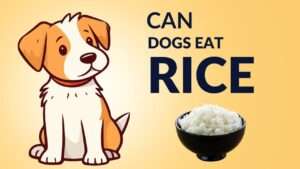
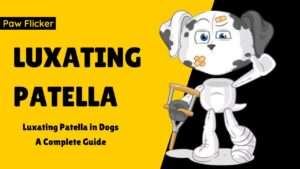
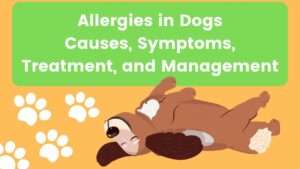
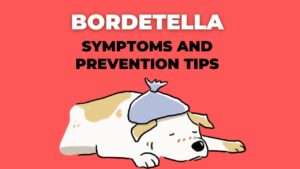
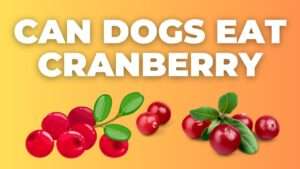
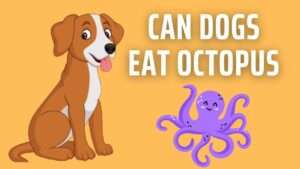
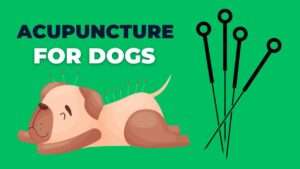
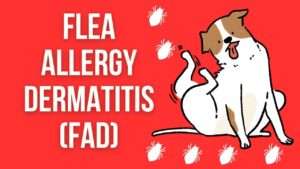
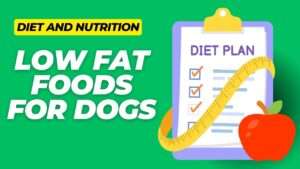
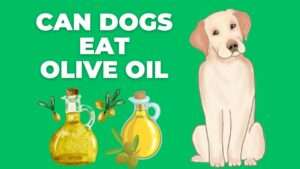
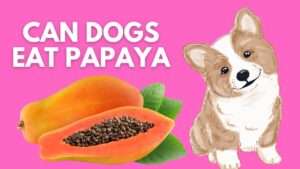

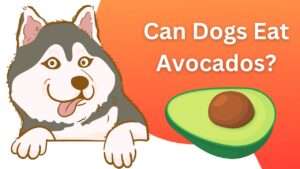
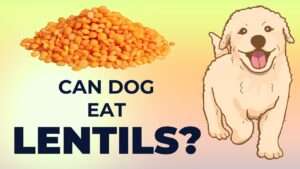
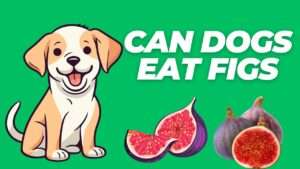
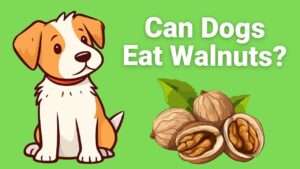
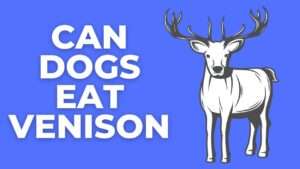
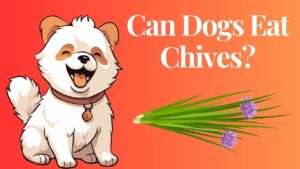
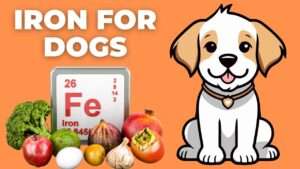
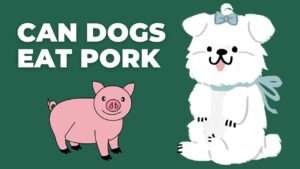

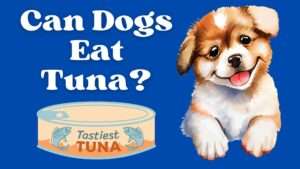
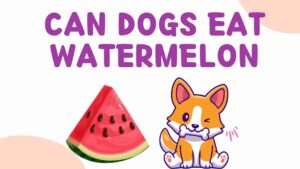
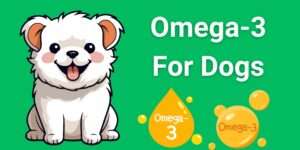

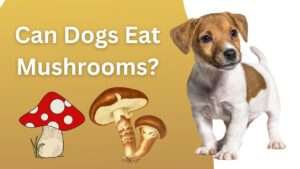

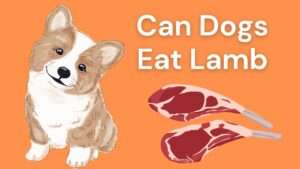







+ There are no comments
Add yours